Help – baby cries when changing diaper (and what to do)
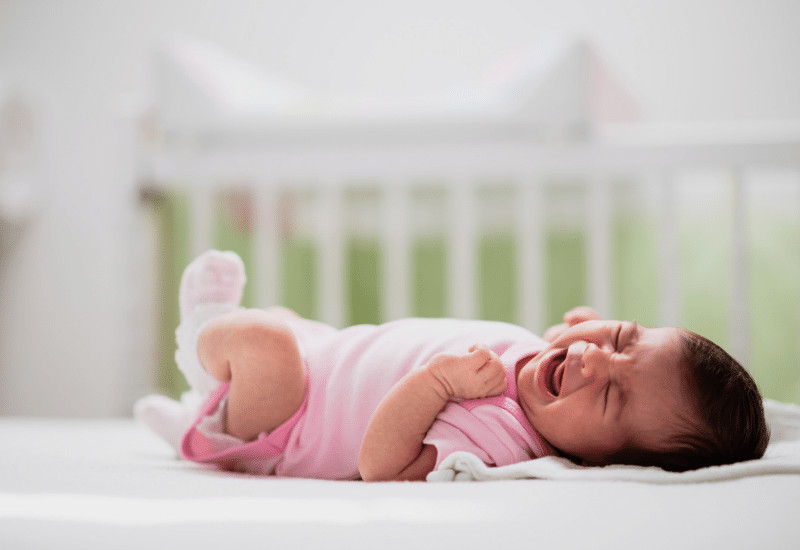
Does your baby fight diaper change?
As a mom of two, I know exactly what you’re going through. It can be a struggle, literally, but there are ways to deal with it.
In this post, I’ll guide you through the most common reasons why your baby cries when changing diapers. And most importantly – how to cope with it.
Let’s dive in.
Read next: How to avoid diaper blowouts – like a mom boss!
This post contains referral links for products I love. Danish Mom earns a small commission at no extra cost to you if you make a purchase through my links. Thank you for your support ♡
Table of Contents
Reasons why your baby might be crying
Babies cry.
We all know this to be true years before we become parents. They cry for any number of unique reasons, but if you find that your baby cries when changing diapers, or that your baby suddenly hates diaper changes, there are a few specific reasons why this might be.
If you’re wondering, is it normal for babies to cry during diaper changes, the answer is (usually) yes, considering how many simple reasons there might be, and how many simple solutions you can try.
Read next: 5 different baby cries – what’s your baby trying to tell you?
Feeling cold
If your baby fights diaper change, they might be feeling cold and, thus, not wanting to be exposed to the cold.
They are fighting to keep warm. One solution is to make sure that the room you’re in is nice and warm before you try to change them.
Another is to warm their bottom with a hairdryer on a low setting. If your baby cries when changing diapers, this tried and tested technique will warm and comfort them.
Hungry
If your baby hates diaper change time, try giving them a cracker before or during the change. This will distract them with something they like and soothe them while they sit through something they dislike.
Feeding them can be especially useful if it seems like your baby cries in pain when changing diaper. Food often calms a particularly intense crying session.
Bored
If your baby cries when changing diapers, it might simply be the case that they’re bored. If that’s all it is, try distracting them with a toy while you change them.
This may require the help of your partner or a second person, or give them a toy that you know they like to grip onto, shake, chew on, or hold close for security and warmth.
My boys love holding a baby toothbrush, which I only allow them to hold during diaper changing. Get into the habit of giving them the toy before you get started so that they’re calm and comfortable first.
Don’t like feeling restricted
This is something many of us can relate to, whether we’re babies or not! it’s not only a reason why baby cries when changing diapers, but also a reason why many babies and toddlers like to strip off their clothing.
If this is the reason, try to distract them with a toy, by pulling faces to engage them, or with a bit of food for them to focus all their attention on.
Don’t know what’s going on
A diaper change can be a strange process for a baby to get used to. Show them the fresh diaper and talk to them in soothing, calm tones to make them feel assured that what’s happening is normal.
If they see that you’re calm and happy, most times they’ll be calm and happy, too! There’s nothing going on that they need to worry about or be afraid of.
Medical reasons
Crying during diaper changing is completely normal and it’s generally nothing to worry about. However, if it looks like your baby is in pain or if you’re worried, talk to your doctor.
It might be the act of lying on their back that is causing the pain and the crying, such as spina bifida or acid reflux.
Just remember that all babies cry – it’s how they communicate after all. So, try the below tips first before you start worrying if your baby is born with a disability. Spina bifida is rare.
Out of 3.7 million births per year in the United States, only 1,427 babies are born with spina bifida.
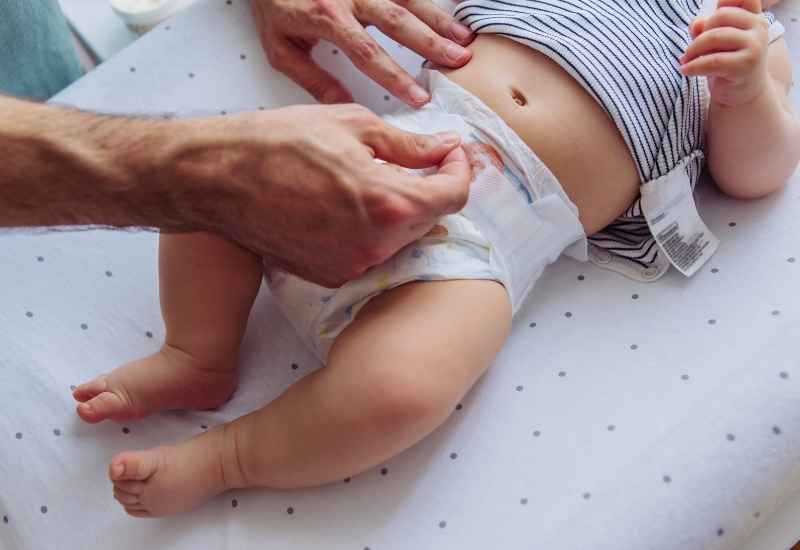
Mom help: Understand the baby’s stages
Babies go through different stages, and understanding these stages gives us some guidance on how to deal with them.
Newborn
Newborns have little control over their movements, so they’re not able to roll around on the changing table just yet. There can be several reasons why newborns cry during diaper changes, mostly it’s because they’re cold.
Here’s what to do:
- Speak quietly to your baby. Your voice makes the little one feel safe.
- Make sure the room is warm before you start.
- Dress your newborn a little at a time and place a soft towel over the upper body while changing the diaper. That way, the baby feels enveloped and doesn’t feel cold.
3-8 months
When your baby is between 3-8 months, they’re still lying fairly still on the changing table. If they cry, it’s mostly because they’re cold, feel uncomfortable, or don’t know what’s happening.
Here’s what to do:
- Avoid placing your little one undressed on a cold changing pad. Have a warm towel nearby.
- Make sure the baby’s clothes are soft and comfortable and not too tight to get over their head.
- Put a small mirror up for the baby, or hang up a cute mobile.
- Distract them with toys, like a teether.
- Turn on some baby tunes.
Toddler
From 8 months and up – take a deep breath, Mom. This is when the real struggle begins.
While your baby still might feel cold, now they’re suddenly more in control of their body, so they’ll try to roll, flip over, and crawl while you’re desperately trying to change their diapers. Not an easy task, mind you, but with these tips, it can be done.
Here’s what to do:
- Take small breaks. Our youngest son (13 months) is almost always crying when changing diapers. So, I take 1-2 breaks (just before I take the diaper off and just after I put the new diaper on). During the break, I pick him up, kiss him, and dance a little. He likes that, and it helps. So, when I put him back down to get dressed, he was more patient.
- Shorten the change situation, and possibly use a pant diaper during this period.
- Let your baby help. An 11-12-month-old baby might want to help. Hold their small feet on the changing pad so that the legs are bent, and say, ‘Lift the bum’. Then the baby will lift up the abdomen and you can get the diaper under. Remember to commend their efforts.
- Avoid having anything lying around that their curious little fingers are not allowed to play with (like scissors, water, etc.).
FAQ – Baby cries when changing diapers
Why does my baby cry when changing diaper?
Babies often cry during diaper changes because they may feel cold, hungry, or uncomfortable with the unfamiliar sensation.
They might also dislike being undressed or having their movement restricted. It’s a common response, especially for newborns.
Why is my baby fighting diaper changes?
Your baby might be fighting diaper changes for several reasons: they could be asserting independence, feeling uncomfortable due to a rash or a bad fit, or they might simply be more interested in playing than pausing for a diaper change.
It’s also possible they are experiencing a loss of control and want more say in the process.
How to calm a baby who cries during diaper changes and nursing?
To calm a baby who cries during diaper changes, you can try distraction techniques such as singing, talking, or offering a toy, and maintain a soothing demeanor to help keep them relaxed.
For a baby who cries during nursing, ensure they’re latching properly and try different positions to find the most comfortable one for both of you.
It’s also important to check for any signs of discomfort or issues like reflux that may need medical attention.
Why does my baby cry when I change clothes?
Your baby may cry when you change their clothes because they might feel uncomfortable or vulnerable during the process.
The sensation of being undressed can be unsettling, and they may also react to feeling cold. Additionally, the movement through sleeves or over the head can be distressing for some infants.
Ensuring the room is warm, the clothes are comfortable, and using a soothing voice can help make the process easier for your baby.

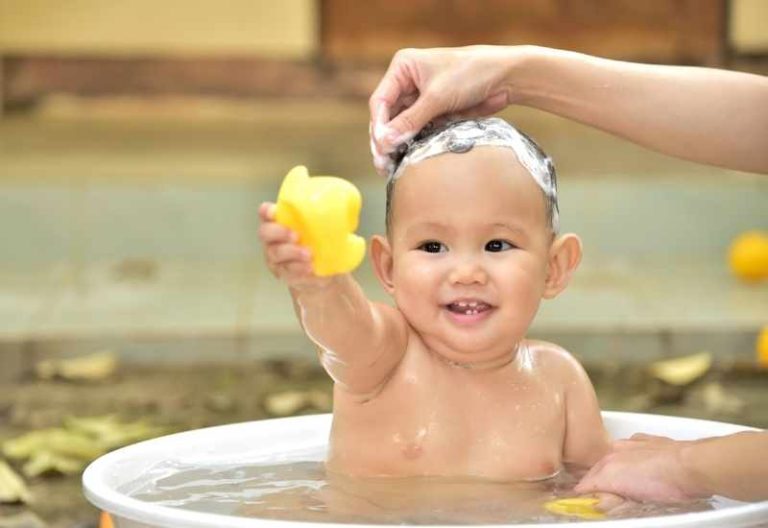
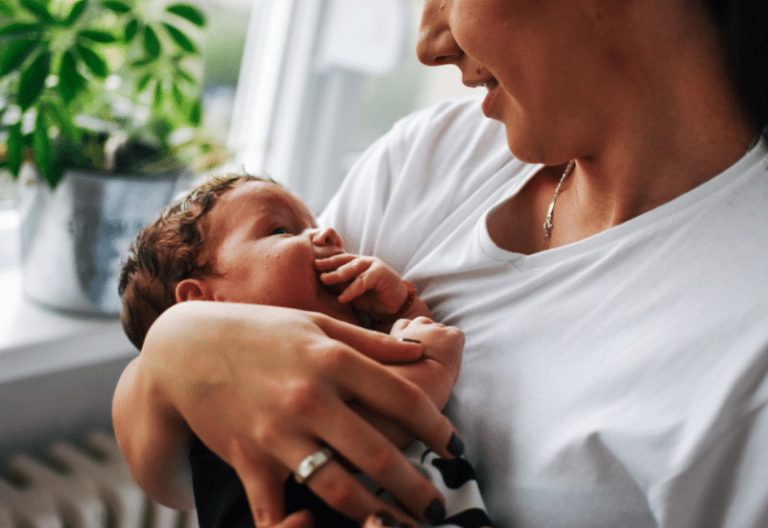
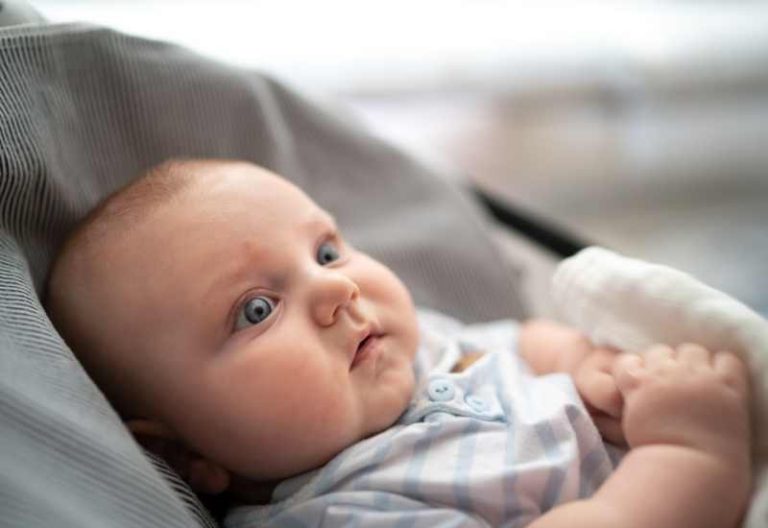
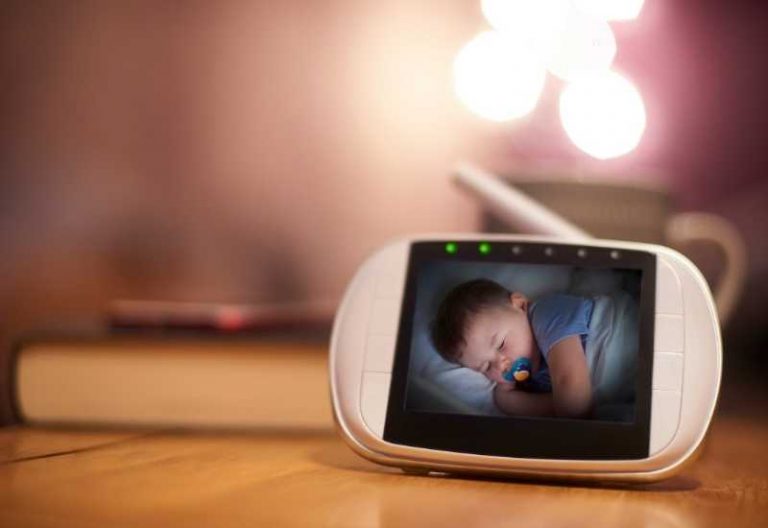
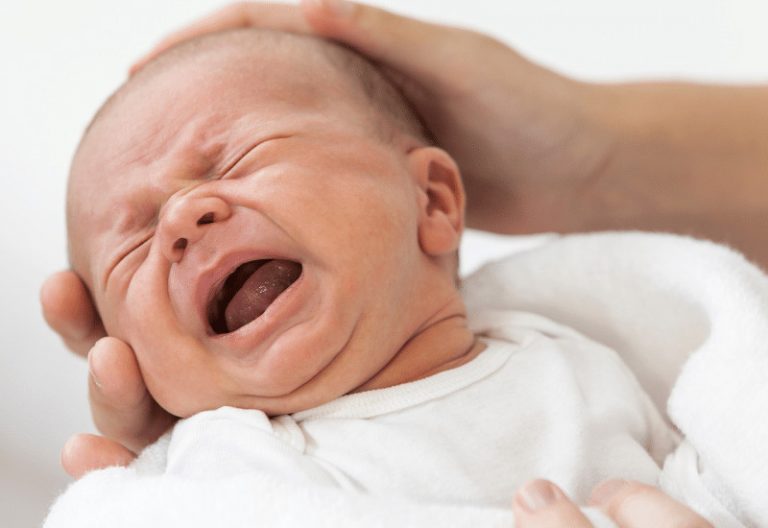

Hello
Dent Master Global is uw belangrijkste bestemming voor PDR-oplossingen (Paintless Dent Repair).
Onze deskundige technici voeren nauwgezette reparaties uit en herstellen het uiterlijk van uw voertuig met precisie en zorg.
Met onze toewijding aan uitmuntendheid en ongeГ«venaarde expertise kunt u erop vertrouwen dat wij superieure resultaten leveren voor al uw deukreparatiebehoeften.
EfficiГ«nte reparaties
Gestroomlijnde processen zorgen voor een snelle doorlooptijd en minimaliseren de stilstand van voertuigen
en het maximaliseren van de klanttevredenheid met onze efficiГ«nte reparatieoplossingen.
Deskundige technici
Hoogopgeleide professionals die bedreven zijn in ingewikkelde deukreparaties,
zorgen voor onberispelijke resultaten en het overtreffen van de verwachtingen van de klant met nauwkeurig vakmanschap.
Wat je krijgt
Onberispelijke restauratie: precisiereparaties voor onberispelijke resultaten.
Snelle doorlooptijd: minimale stilstand, snelle reparaties.
Kosteneffectieve oplossingen: Betaalbare restauratie van topkwaliteit.
Fabriekslakbehoud: behoud de waarde van het voertuig.
Geschoolde professionele technici: expertise in precisiereparatietechnieken.
Gegarandeerde klanttevredenheid
Leiders op het gebied van deukreparatie: precisie, uitmuntendheid, wereldwijd
Bij Dent Master Global zijn we toonaangevend in de sector met precisieoplossingen voor deukreparatie.
Met een focus op uitmuntendheid en een mondiaal bereik herdefiniГ«ren we de normen voor autoreparatie wereldwijd.
Globaal bereik
Precisiereparaties
Leiderschap van de industrie
Snel antwoord
Deskundige technici
https://pdrspania.blogspot.com/2024/06/master-global-to-gowne-miejsce-docelowe.html